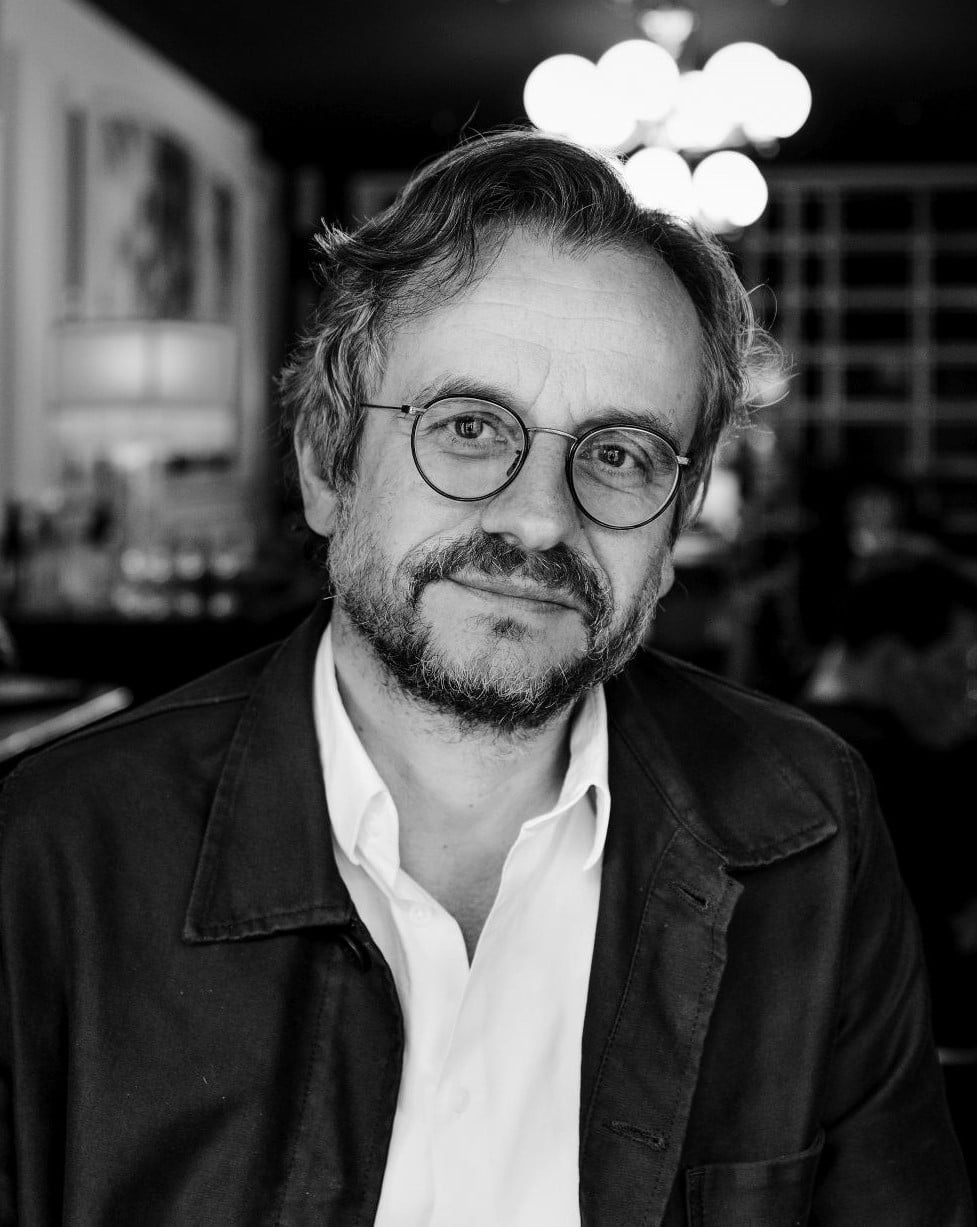
Hilmar Klute
- Germany
- Zu Gast beim ilb: 2021
Hilmar Klute was born in Bochum in 1967 and studied in Bochum as well as Munich. Since 2001, he has been an editor at the »Süddeutsche Zeitung«, where he writes reports, essays, and portraits. He has also been the editor for the »Streiflicht«, a popular column written by alternating authors, since 2010.
Klute made his debut as an author with »Winston oder Der Hund der mich fand« (2008; Eng. »Winston…: The Dog Who Changed My Life«, 2009), a pointedly humorous, essayistic text about everyday life with a lost dog. »Die Zeit« recognized in the »mischievous, carefree, all-encompassing« four-legged friend a »living allegory of the Streiflicht«. But what interests Klute above everything else are the neuroses of dog lovers and the social microcosm of the dog park. Klute’s first novel, »Was dann nachher so schön fliegt« (tr: What Then Flies so Beautifully Afterwards), was published in 2018. In the mid-1980s in the Ruhr region, Volker Winterberg, who is doing his community service, emulates his role model, the poet Nicolas Born. His poems, written on a trip to Paris, earn him an invitation to a meeting of young writers in Berlin. There he gets to know not only the pre-reunification literary scene, but also the young fellow poets Thomas and Katja from Jever, with whom Winterberg becomes close. In the process, Klute flashes back and forth between Winterberg’s dreary everyday life volunteering in a retirement home and the days of poetic awakening in West Berlin. »Was dann nachher so schön fliegt« is a dense and humorous coming-of-age and educational novel about the promise of poetry, life and love, and incidentally provides insight into the history of German postwar literature. Klute’s second novel, »Oberkampf« (2020), tells the story of Jonas Becker, a dreamy, no longer quite young and newly separated writer who moves from Berlin to Paris. Equipped with a publishing contract, he is to interview the ageing writer Richard Stein, who is extremely important to him, in order to write a biography about him. Along the way, he experiences precarious love affairs, learns of the death of a friend, and keeps the world at arm’s length as best he can, even when it threatens to come apart at the seams after the attack on the Paris editorial offices of »Charlie Hebdo«. Klute illuminates his protagonist’s ambivalent relationship to the attacks and subsequently brings him to his existential knees by means of additional shocking experiences, which also touch on Becker’s relationship with Richard Stein. German »NDR« described the novel by stating that »Out of wit and disgust, Hilmar Klute, the astute observer of the most intimate inner and most public outer worlds, composes a great work of art about the demons of our everyday life: fear of relationships, fear of failure, the violence of a world in dissolution.«
Hilmar Klute lives in Munich and Berlin.
Winston oder Der Hund der mich fand
Verlag Antje Kunstmann
München, 2008
Wir Ausgebrannten
Vom neuen Trend, erschöpft zu sein
Diederichs
München, 2012
War einmal ein Bumerang
Das Leben des Joachim Ringelnatz
Galiani
Berlin, 2015
Was dann nachher so schön fliegt
Galiani
Berlin, 2018
Oberkampf
Galiani
Berlin, 2020
